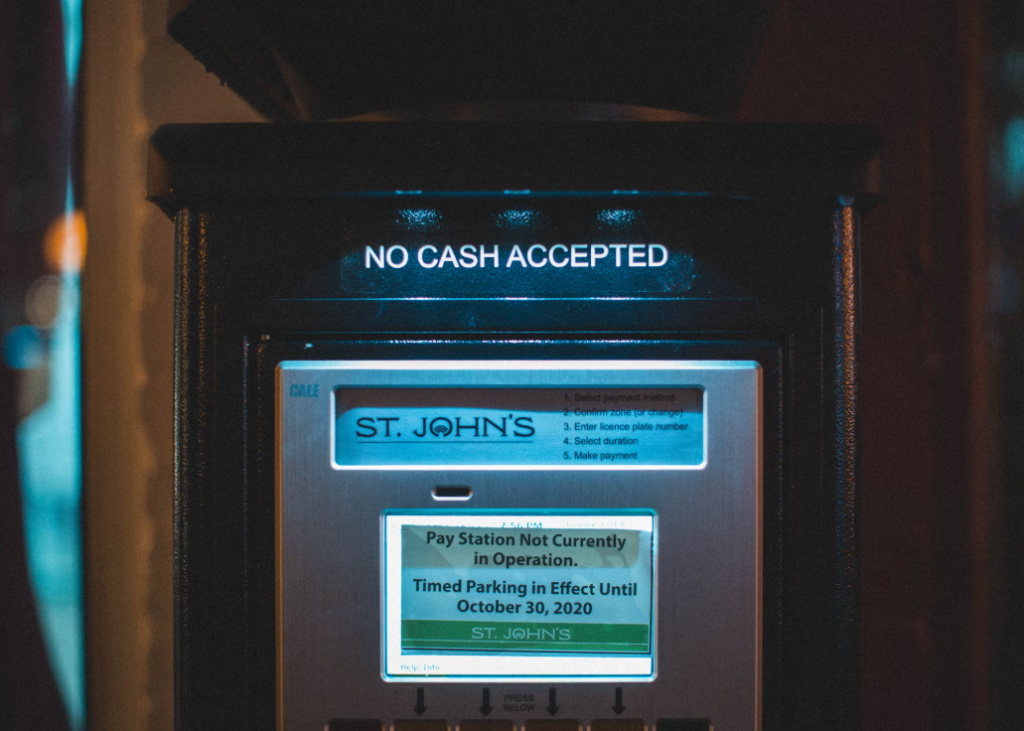Credit Repair Companies Exposed: Do They Really Work?
Introduction to Credit Repair
What Is Credit Repair?
Credit repair is the process of improving a person’s credit score by addressing issues in their credit report. This might involve disputing errors, negotiating with creditors, or taking strategic financial steps to boost your score. It’s a service many people turn to when they’re trying to buy a house, qualify for a loan, or simply get back on stable financial ground.
Why Do People Turn to Credit Repair Companies?
Let’s face it—credit reports can be confusing. With all those numbers, codes, and confusing language, it’s no wonder people look for help. Credit repair companies promise to simplify the process, speed it up, and do the heavy lifting for you. But do they deliver on that promise?
Inside the Credit Repair Industry
Common Services Offered
Most credit repair companies offer similar services:
- Reviewing your credit reports
- Identifying potential errors or outdated information
- Sending dispute letters to credit bureaus
- Offering credit score advice
- Negotiating with creditors
Some even go as far as offering “credit coaching” or giving you access to online dashboards to track progress.

Typical Pricing Structures
You’ll typically find two types of pricing:
- Monthly Subscription: Ranges from $69 to $149 per month, depending on services.
- Pay-per-Deletion: Charges you only when a negative item is successfully removed.
Be cautious—some companies sneak in hidden fees or charge extra for basic services.
Legal Boundaries and Regulations
Credit repair companies are governed by the Credit Repair Organizations Act (CROA). This law prohibits deceptive practices and requires companies to provide a written contract, including a cancellation policy. They cannot legally promise specific score increases or charge upfront fees.
Do Credit Repair Companies Really Work?
Analyzing Their Promises
“We Can Remove All Negative Items”
Here’s the truth: only inaccurate, outdated, or unverifiable information can be removed. If a late payment or collection is legit, no one—not even the best credit guru—can erase it.
“Boost Your Credit Score Fast”
While some results can happen in a few weeks, real, meaningful improvement often takes months or even years. Companies claiming they’ll fix your credit in 30 days are usually blowing smoke.
What They Can Legally Do vs. What You Can Do Yourself
Everything a credit repair company can legally do, you can do on your own. Yep, it might take some research and elbow grease, but you don’t need a third party to dispute errors or negotiate with creditors.

Red Flags and Scams to Watch For
Warning Signs of a Shady Company
Keep your radar up for companies that:
- Guarantee specific score improvements
- Demand full payment upfront
- Refuse to give you a contract
- Tell you to lie or create a “new” identity
Common Scams in the Industry
Some shady players go as far as using CPNs (Credit Privacy Numbers) or EINs (Employer Identification Numbers) to help you create fake identities. This isn’t just unethical—it’s illegal.
Alternatives to Credit Repair Companies
DIY Credit Repair Tips
You can absolutely take control. Here’s how:
- Get your free credit reports from AnnualCreditReport.com.
- Highlight inaccuracies and dispute them with the bureaus.
- Pay down high credit card balances.
- Don’t miss payments—set up autopay if you must.
- Consider a secured credit card to rebuild history.
Working with a Non-Profit Credit Counselor
If you need more support, consider a non-profit credit counseling agency. These groups offer budgeting help, debt management plans, and personalized advice—usually for free or very low cost.

Pros and Cons of Using Credit Repair Companies
Advantages
- Saves time and effort
- Experience with legal processes
- May help organize your finances
Disadvantages
- Can be expensive
- Results not guaranteed
- You can do most of the work yourself
Real-Life Testimonials and Case Studies
Success Stories
Some users report seeing a 60-100 point increase over six months, especially when the reports contained real errors. In these cases, companies helped them craft professional disputes and follow through.
Horror Stories
Others tell of wasted money, zero improvement, and being ghosted after paying hundreds. Some even ended up with worse credit due to mishandled disputes.
How to Choose a Legitimate Credit Repair Company
Questions to Ask Before Hiring
- Are you compliant with the CROA?
- Do you charge upfront fees?
- What happens if no items are removed?
- Do you offer a money-back guarantee?
How to Check Their Credentials
Look for:
- Better Business Bureau (BBB) rating
- Online reviews (but beware of fake ones)
- Whether they’re accredited by the National Foundation for Credit Counseling (NFCC)

Conclusion
Credit repair companies can be helpful—but only if they’re legitimate, transparent, and you have realistic expectations. Ultimately, fixing your credit takes time, discipline, and a solid understanding of your financial picture. Before you hand over your cash, ask yourself: is this something I could manage on my own with a bit of effort?
FAQs
1. Are credit repair companies legal?
Yes, but they must follow federal laws under the Credit Repair Organizations Act. If they don’t, they’re operating illegally.
2. How long does credit repair take?
It varies, but real progress usually takes 3 to 6 months or longer.
3. Can they remove bankruptcies or collections?
Only if the info is incorrect, outdated, or unverifiable. Legitimate negative items generally stay.
4. Is DIY credit repair really effective?
Absolutely. Many people successfully fix their credit without paying a company.
5. What should I do before hiring a credit repair company?
Check their credentials, read reviews, ask questions, and make sure you understand your rights under the law.









Post Comment